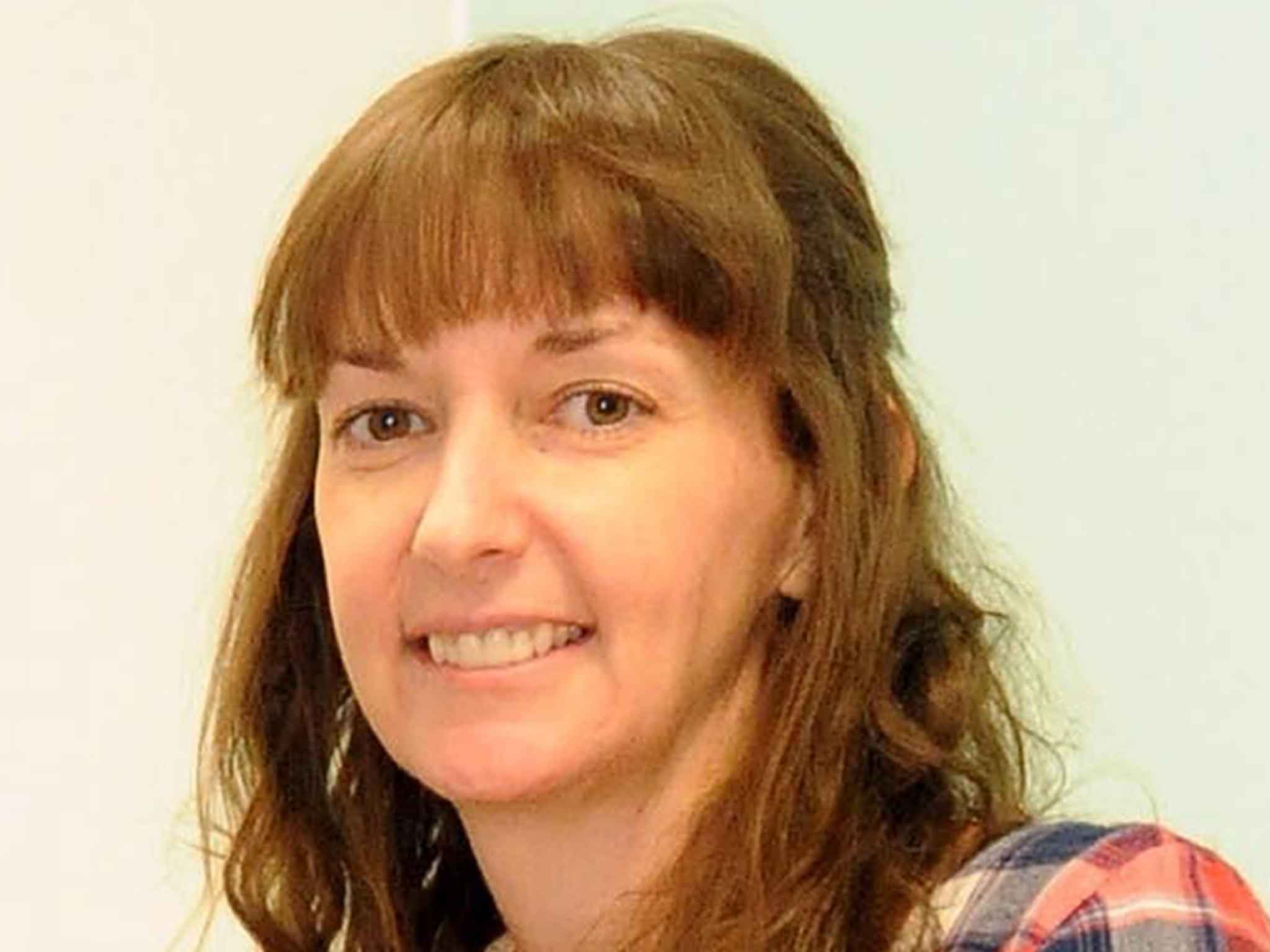Ebola nurse Pauline Cafferkey 'critically ill' after condition deteriorates, hospital says
Cafferkey is being treated for complications from Ebola

Your support helps us to tell the story
From reproductive rights to climate change to Big Tech, The Independent is on the ground when the story is developing. Whether it's investigating the financials of Elon Musk's pro-Trump PAC or producing our latest documentary, 'The A Word', which shines a light on the American women fighting for reproductive rights, we know how important it is to parse out the facts from the messaging.
At such a critical moment in US history, we need reporters on the ground. Your donation allows us to keep sending journalists to speak to both sides of the story.
The Independent is trusted by Americans across the entire political spectrum. And unlike many other quality news outlets, we choose not to lock Americans out of our reporting and analysis with paywalls. We believe quality journalism should be available to everyone, paid for by those who can afford it.
Your support makes all the difference.Pauline Cafferkey, a Scottish nurse being treated for complications from Ebola, is now "critically ill" after her condition deteriorated, hospital staff have said.
Ms Cafferkey, 39, was admitted to the isolation unit at the Royal Free Hospital in north west London on Friday after becoming unwell in Glasgow.
A statement from the Royal Free said: "We are sad to announce that Pauline Cafferkey's condition has deteriorated and she is now critically ill.
"She is being treated for Ebola in the high level isolation unit at the Royal Free Hospital."
Ms Cafferkey worked in Sierra Leone until the end of last year. When she came back to the UK, in December, she was diagnosed with the virus and went to treatment in isolation at the Royal Free Hospital, which is a specialist in Ebola and other infectious diseases.
Towards the end of January, the hospital said that she was free from infection and was released.
Health experts have said that the way the disease lives on in tissue could be the reason it has the potential to come back after a patient appears to have recovered.
More follows
Subscribe to Independent Premium to bookmark this article
Want to bookmark your favourite articles and stories to read or reference later? Start your Independent Premium subscription today.
Join our commenting forum
Join thought-provoking conversations, follow other Independent readers and see their replies
Comments